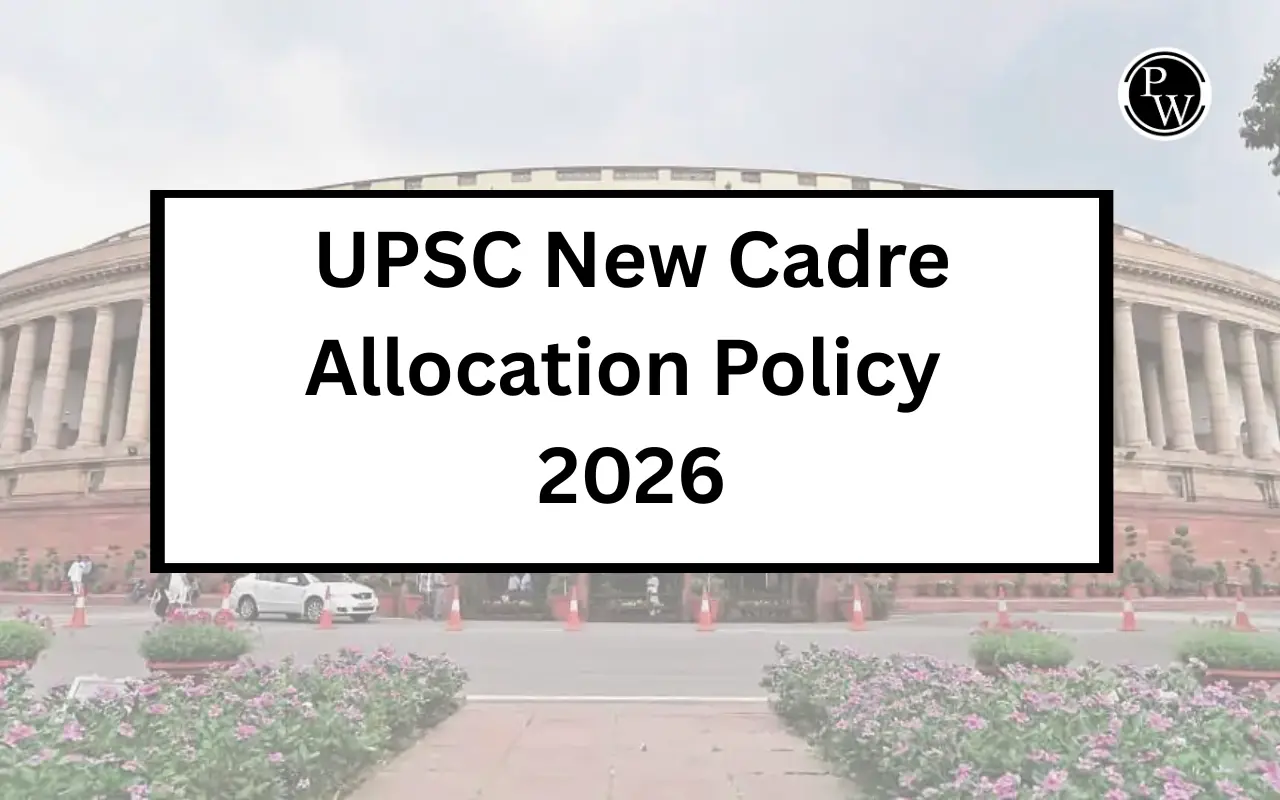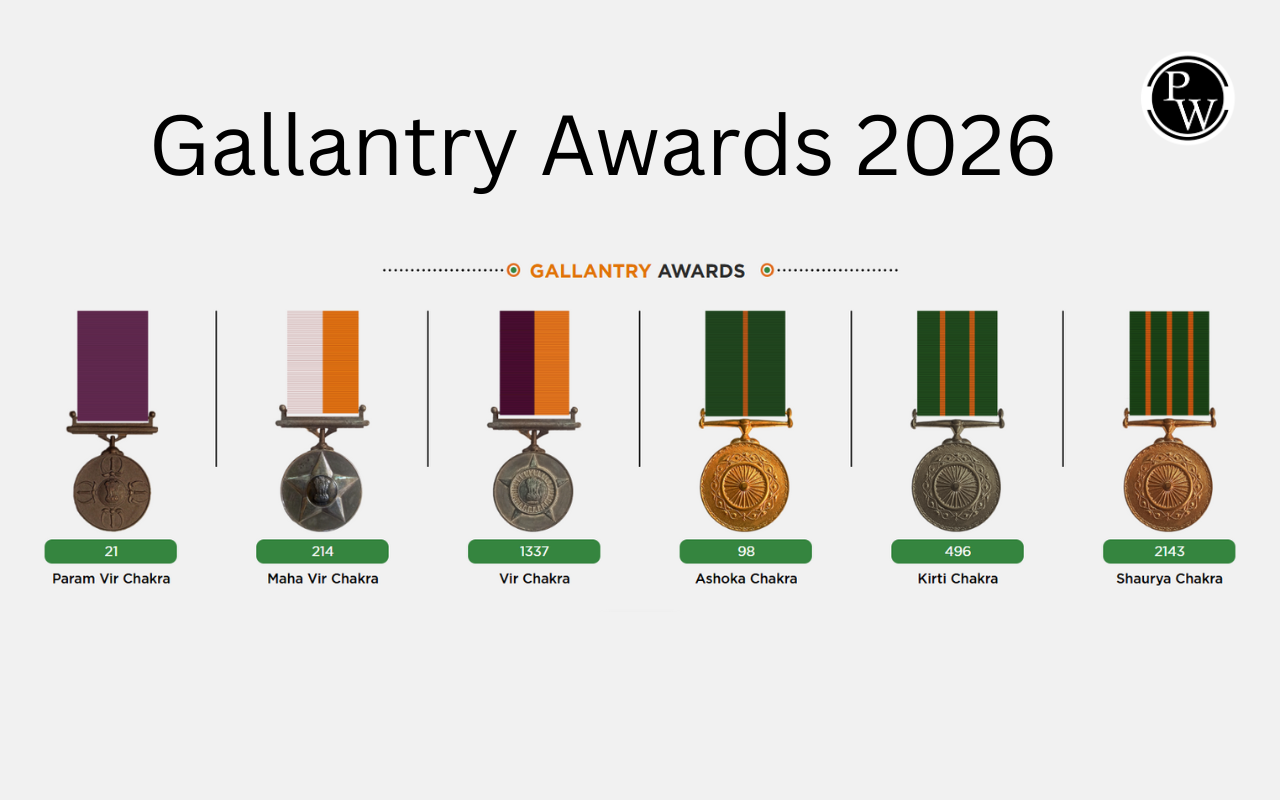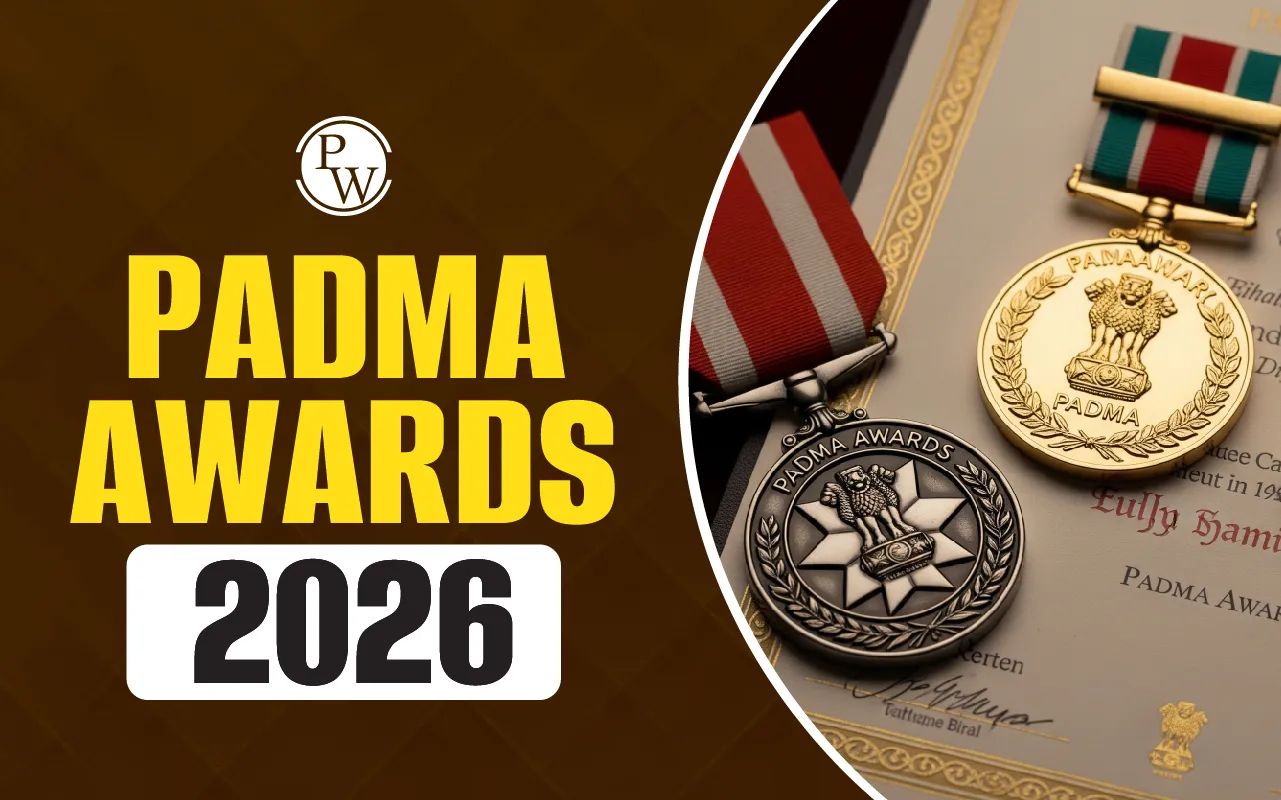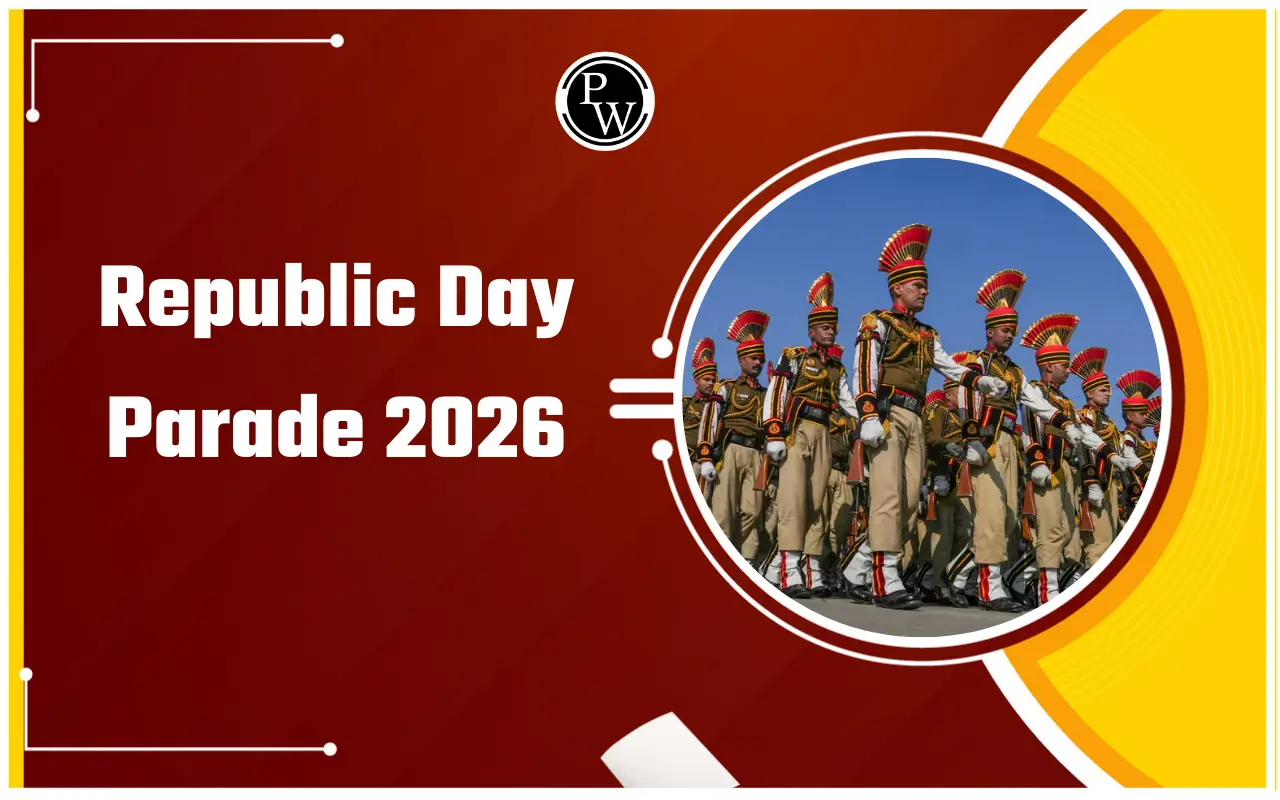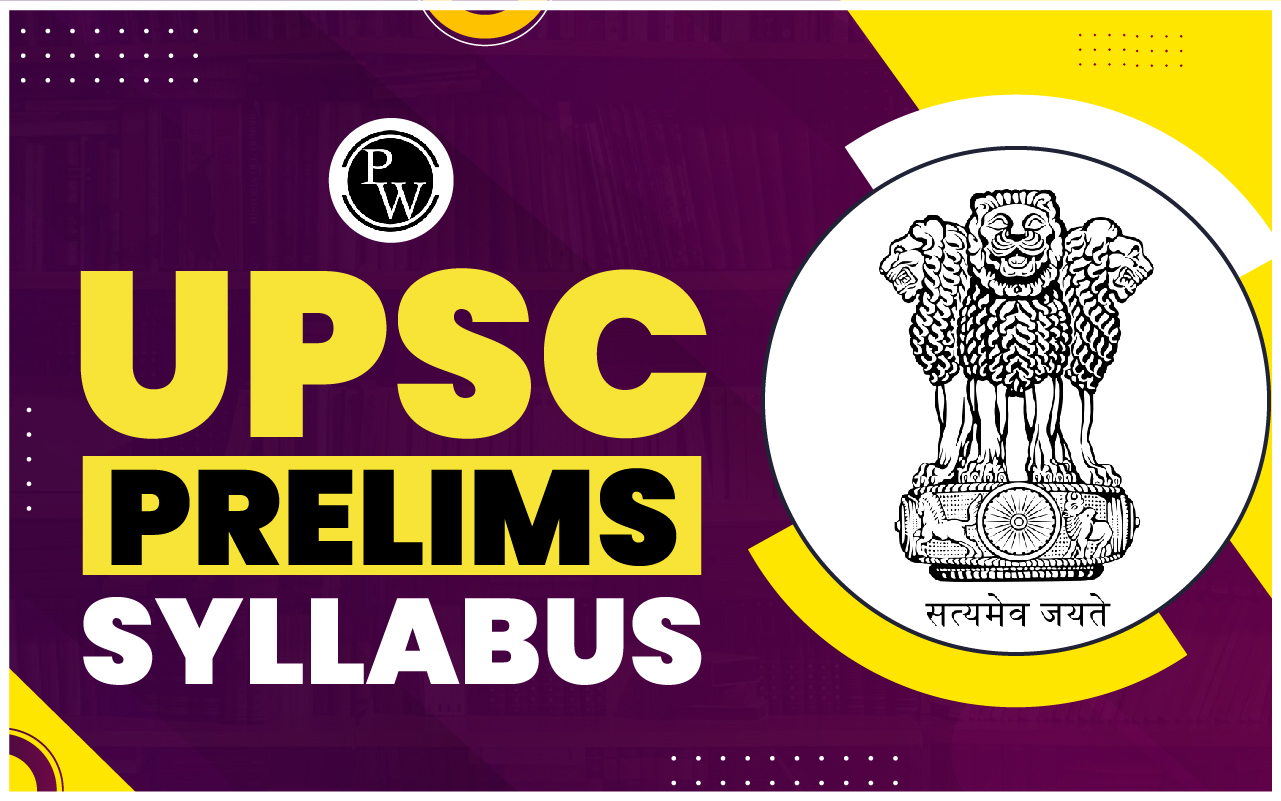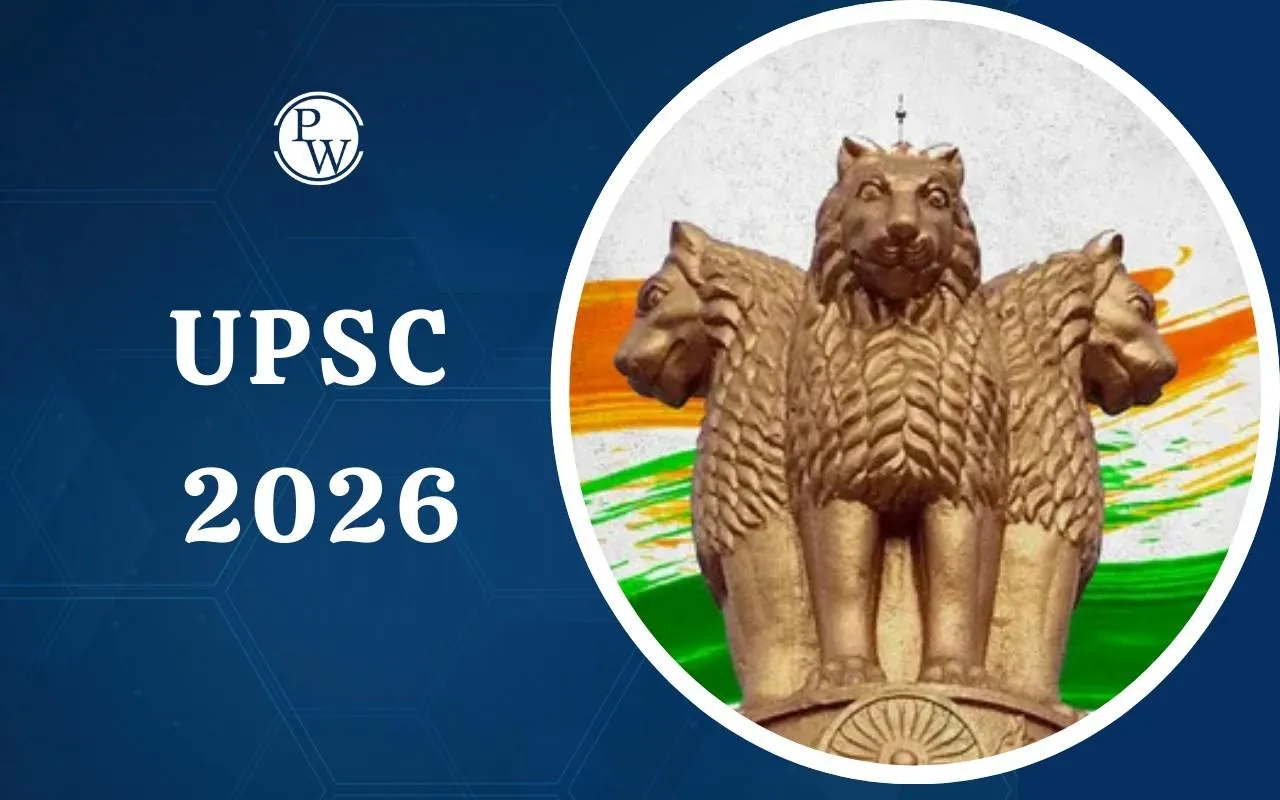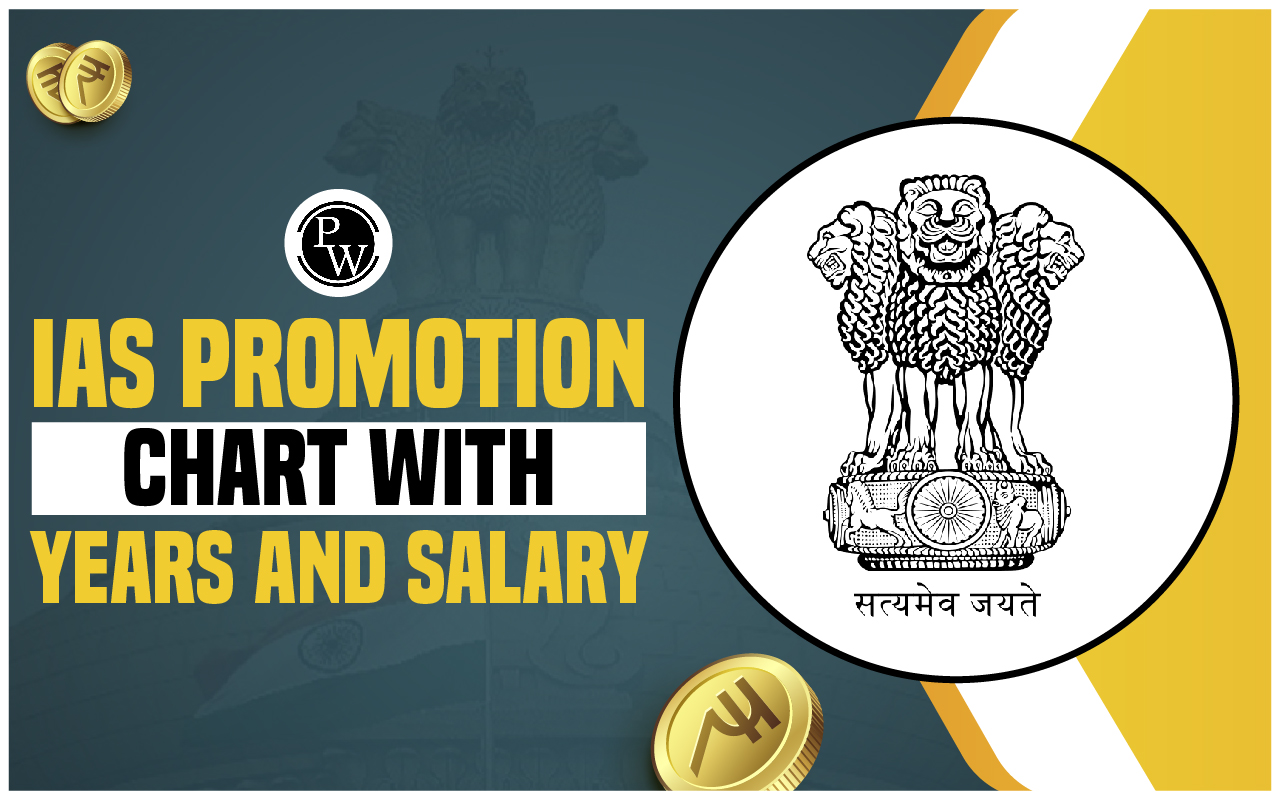
Political Science and International Relations Syllabus 2025 has been a very popular subject among UPSC aspirants for a very long time. The PSIR Syllabus contains the two papers. Aspirants taking up PSIR optional believe that they get an edge over other candidates due to the overlapping of the subject with general Studies. Candidates are advised to go through the article below to learn more about PSIR Optional.
UPSC PSIR Syllabus 2025
PSIR Optional Paper consists of two major divisions: Political Science, which consists of political theories and governance, and International Relations, which covers foreign policy and other aspects. Paper 1 is dedicated to Political Science, and Paper 2 is to International Relations. Both the papers carry 250 marks each. Both Paper 1 and Paper 2 consist of eight questions divided into two parts of four questions each. A candidate has to attempt any five questions. While Questions 1 and 5 are compulsory, they can attempt any three from the remaining. However, at least one question from each section has to be attempted, excluding the compulsory question.
PSIR Syllabus for Paper 1
| Political Theory and Indian Politics | |
|
Meaning and approaches. |
|
Liberal, Neo-liberal, Marxist, Pluralist, post-colonial and Feminist. |
|
Conceptions of justice with special reference to Rawl’s theory of justice and its communitarian critiques. |
|
Social, political and economic; relationship between equality and freedom; Affirmative action. |
|
Meaning and theories; different kinds of rights; Concept of Human Rights. |
|
Classical and contemporary theories; different models of democracy—representative, participatory and deliberative. |
|
Hegemony, Ideology and Legitimacy. |
|
Liberalism, Socialism, Marxism, Fascism, Gandhism and Feminism |
|
Dharamshastra, Arthashastra and Buddhist Traditions; Sir Syed Ahmed Khan, Sri Aurobindo, M. K. Gandhi, B. R. Ambedkar, M. N. Roy. |
|
Plato, Aristotle, Machiavelli, Hobbes, Locke, John S. Mill, Marx, Gramsci, Hannah Arendt. |
| Indian Government and Politics | |
|
Political Strategies of India’s Freedom Struggle:
|
|
|
|
|
|
|
|
|
|
|
|
|
|
|
|
|
|
|
|
|
PSIR Syllabus for Paper 2
| Comparative Political Analysis and International Politics | |
|
Nature and major approaches; Political economy and political sociology perspectives; Limitations of the comparative method. |
|
Characteristics and changing nature of the State in capitalist and socialist economies and advanced industrial and developing societies. |
|
Political parties, pressure groups and social movements in advanced industrial and developing societies. |
|
Responses from developed and developing societies. |
|
Idealist, Realist, Marxist, Functionalist and Systems theory. |
|
National interest, security and power; Balance of power and deterrence; Transnational actors and collective security; World capitalist economy and globalisation. |
|
Rise of superpowers; Strategic and ideological Bipolarity, arms race and cold war; Nuclear threat; Non-aligned Movement: Aims and achievements. Collapse of the Soviet Union; Unipolarity and American hegemony; Relevance of non-alignment in the contemporary world. |
|
From Bretton woods to WTO; Socialist economies and the CMEA (Council for Mutual Economic Assistance); Third World demand for new international economic order; Globalisation of the world economy. |
|
Envisaged role and actual record; Specialized UN agencies—aims and functioning; Need for UN reforms. |
|
EU, ASEAN, APEC, AARC, NAFTA. |
|
Democracy, human rights, environment, gender justice terrorism, nuclear proliferation. |
| India and the World | |
|
|
|
|
|
|
|
|
|
|
|
|
|
|
|
|
UPSC PSIR Syllabus 2025 PDF
The commission has released the UPSC PSIR Syllabus 2025 PDF For Both Paper 1 and Paper 2 on its official website in PDF Format. A direct link has been provided below to download the Syllabus for PSIR PDF
UPSC PSIR Optional Books for UPSC Preparation
PSIR Optional has a wide range of reference books that help students to cover the syllabus, while providing them with quality content. Some of the PSIR Optional Books are mentioned below:
| Paper 1 | Paper 2 |
|
|
Advantages of Choosing PSIR Optional for UPSC Preparation
PSIR Optional has always been one of the top most preference by a UPSC aspirant. Some attribute this popularity to the overlapping nature of the subject with General Studies, while others believe that success ratio and availability of materials prompt students to choose PSIR Optional. Benefits of PSIR Optional are mentioned below:
- Overlap With General Studies: The syllabus of PSIR overlaps with that of the General Studies syllabus, especially with GS Papers I, II, III and IV. This gives them a much-needed edge over other candidates.
- Availability of Quality Materials: The major part of PSIR Optional syllabus has remained static over the years. This is the reason why many quality materials are available.
- Mentorship: Due to its popularity, there is a wide pool of able mentors who can guide students in their preparation.
- High Success Ratio: The subject has a high success ratio, which has been maintained for many years.
- Current Affairs Linkage: Due to its linkage with current affairs, students following newspapers are likely to benefit.
- Skills Development: Apart from UPSC CSE preparation, PSIR encourages the development of analytical and critical thinking skills through the analysis of political theories, policy frameworks, diplomatic negotiations, and global conflicts, which are valuable administrative roles.
- Career Opportunities: A strong foundation in PSIR opens up diverse career opportunities in civil services, foreign services, international organizations, think tanks, academia, and research institutions, enabling candidates to contribute effectively to national and international governance.
Strategy for PSIR Optional Preparation
Because of the popularity of PSIR Optional , there are a variety of suggestions available on how to prepare for the subject. There are no fixed strategies, but by referring to the information below, you can get an idea about preparing for the subject in a comprehensive way:
- Choosing Reliable Material: There are huge quantities of materials available in the market. A candidate has to select only reliable materials that cover the crux of the subject.
- Conceptual Clarity: Paper 1 is based on political thinkers and their theories, and hence candidates must attain conceptual clarity on these aspects.
- Current Affairs: Paper 1 also contains some dynamic aspects, which have to be interlinked with current affairs. Students have to read newspaper editorials on a daily basis to build their knowledge base.
- Test Series: Attempt as many test series as you can to obtain confidence to face the exam. Initially, section-wise tests can be attempted and later you need to give a Full-Length Test, with evaluation.
UPSC PSIR Previous Year Question Paper PDF
The previous year questions of PSIR optional can be downloaded from the official website of UPSC. Link for the PYQs is given below:
| UPSC CSE PSIR Optional PYQ 2023 | Paper 1: PSIR Optional |
| Paper 2: PSIR Optional | |
| UPSC CSE PSIR Optional PYQ 2022 | Paper 1: PSIR Optional |
| Paper 2: PSIR Optional | |
| UPSC CSE PSIR Optional PYQ 2021 | Paper 1: PSIR Optional |
| Paper 2: PSIR Optional | |
| UPSC CSE PSIR Optional PYQ 2020 | Paper 1: PSIR Optional |
| Paper 2: PSIR Optional |
PSIR Syllabus UPSC FAQs
What is PSIR Full Form?
Is it Necessary to read PSIR Optional Topper Copy?
Do I need to Solve PSIR Optional PYQ?
What is the Structure of PSIR Optional Question Paper?
Is it Necessary to Make One’s Own PSIR Optional Notes?

UPSC Coaching

